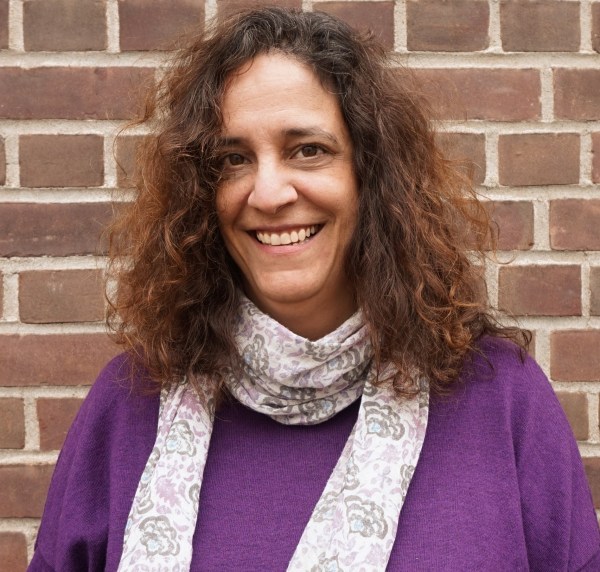 Welcome! I’m Professor of Sociology at the University of Toronto, and Past President (2021-2023) of the Work & Family Researchers’ Network (WFRN). I’m passionate about analyzing well-being in a changing world–with a focus on gender, ethnicity, time use & health. I lead the grant project “Time Together and Apart: Clarifying the Family Time Paradox.”
Welcome! I’m Professor of Sociology at the University of Toronto, and Past President (2021-2023) of the Work & Family Researchers’ Network (WFRN). I’m passionate about analyzing well-being in a changing world–with a focus on gender, ethnicity, time use & health. I lead the grant project “Time Together and Apart: Clarifying the Family Time Paradox.”
How can we understand the social factors creating stressors for families? A central strand of my work focuses on how stressors such as work-family conflicts affect well-being. In the “Changing Times” study, we analyze how the abrupt shock of the COVID-19 pandemic upended mothers’ & fathers’ lives; see: Changing Times: New Sources of Parenting Stress & the Shifting Meanings of Time With & For Children. In earlier work, I conceptualized a unique stressor for mothers as “Status Safeguarding”-vigilant work to ensure children’s place in the social and economic hierarchy. In this, we argue that exhausted U.S. mothers have become individualized “safety nets” in raising children, given insecure economic situations and a lack of social supports from government and workplaces. Other research examines how feelings about time with children and relationships with & lives of adult children are linked to mothers’ & fathers’ mental health; how parenting inequality links to marital quality; and how work-family conflict shifted during the pandemic. Another grant project assesses mothers’ stressors & well-being among Syrian refugees settled around Toronto. An analytic review of parenthood & well-being is the most highly cited recent article in Journal of Marriage and Family!
How do we experience work & family life, and how has this changed? A second stream of my research centers on changing patterns & experiences of time — see this Retro Report video with fascinating facts I discuss about family time. Our award-winning book, Changing Rhythms of American Family Life documents parents’ feelings about time & family life, and how mothers’ & fathers’ time with children and time in housework, paid work & leisure has changed over recent decades. Using time diaries, we show increases in mothers’ & married fathers’ time in childcare as a primary activity. Married fathers’ total contact time with children also increased significantly. In related work, I examine how parents’ time with children connects to parents’ and to children’s well-being. I focus on how people across different ethnicities may allocate and experience time, for example centering Black, Latinx and Asian mothers and fathers to extend understandings of “intensive mothering” and “involved fathering.” Other studies examine children’s views of what makes mothers & fathers special, parents’ assessments of the division of childcare, and adults’ views of their childhoods. In Creating versus Negating Togetherness, we show how teens and parents count joint time differently, though both report an emotional boost when together. This scholarship underscores how culture & social statuses like gender & generation shape meanings about family across different eras.
A final strand of my research focuses on cultural meanings, identities and media frames linked to social groups; including mothers, fathers, girls, African-Americans, and feminists and how these frames influence us. Recent projects include 1) the “Mommy Wars” in news media and 2) changes in depictions of the benefits of father involvement and blame for fathers’ low involvement with children in Parents’ Magazine (1926-2006).
As a social psychologist, I address research questions using interactionist, life course, and stress process models. My research is published in Social Forces, Society and Mental Health, Journal of Marriage and Family, American Sociological Review, Social Psychology Quarterly, Gender & Society and more. Courses I’ve taught include the Sociology of Mental Health, Social Psychology, The Self-Concept, Lives & Times: Socialization across the Life Course, and Research Methods.




